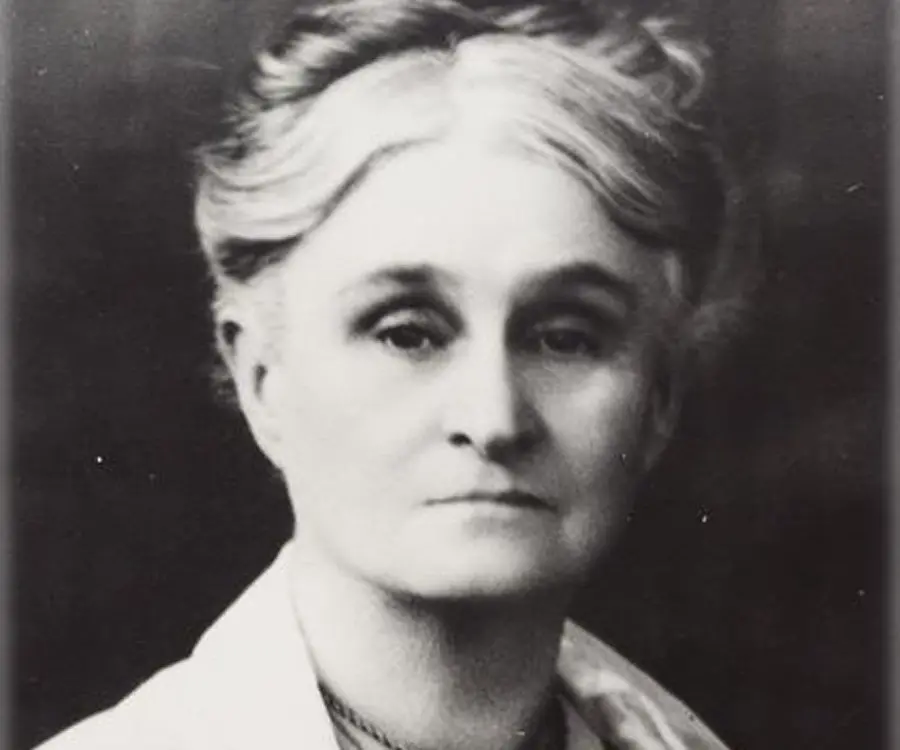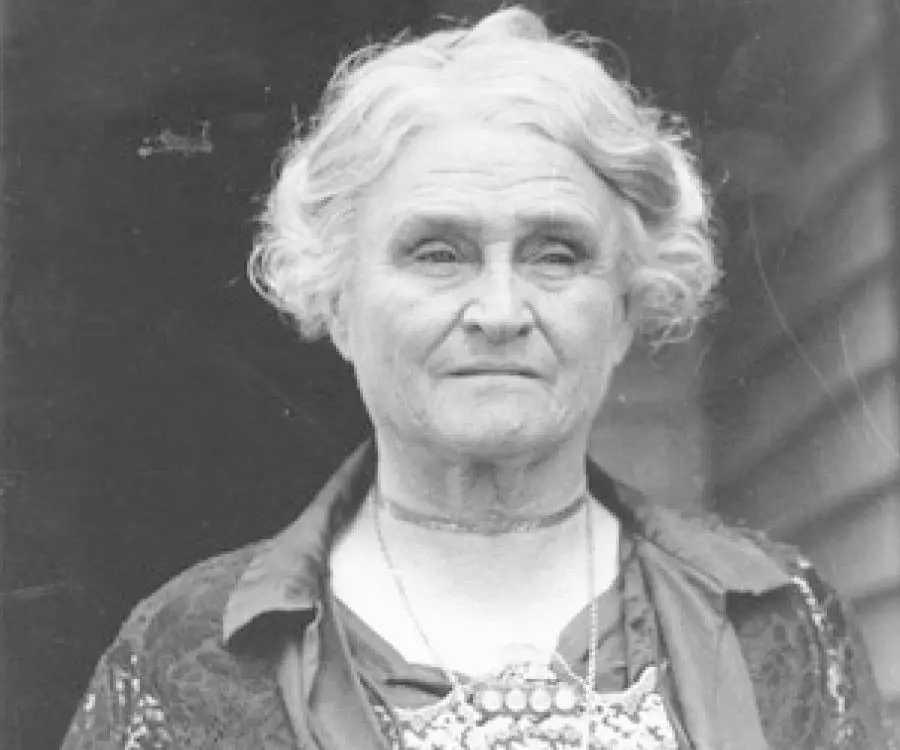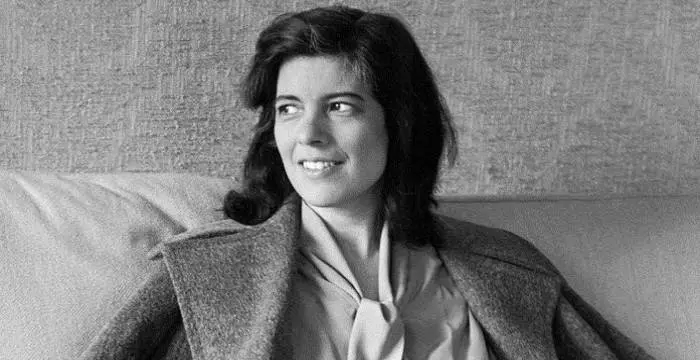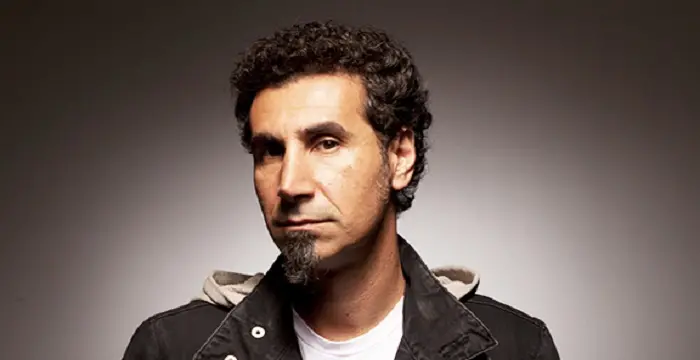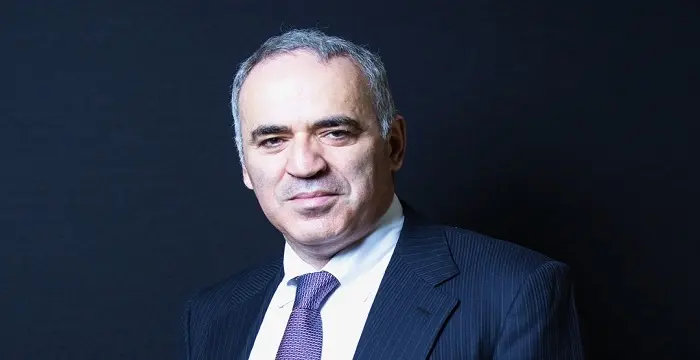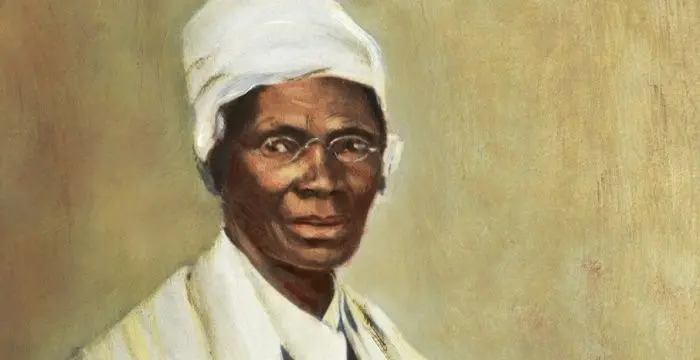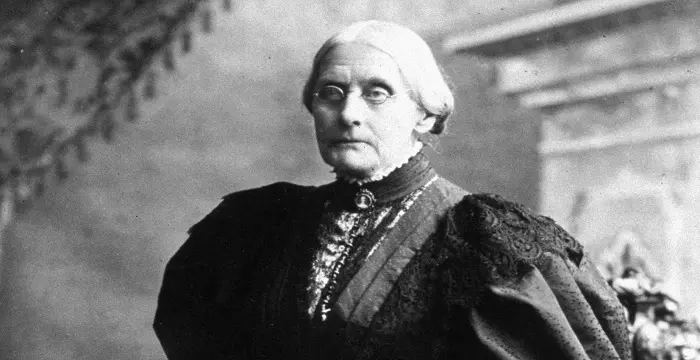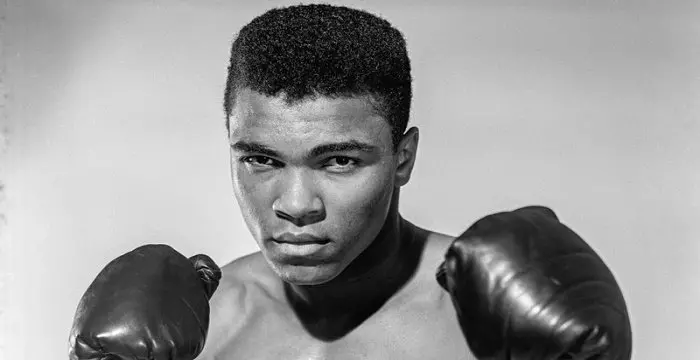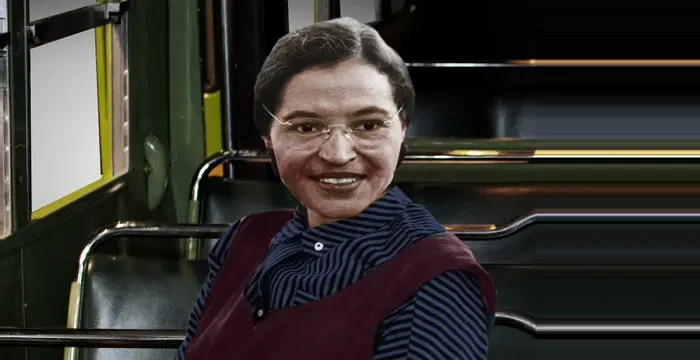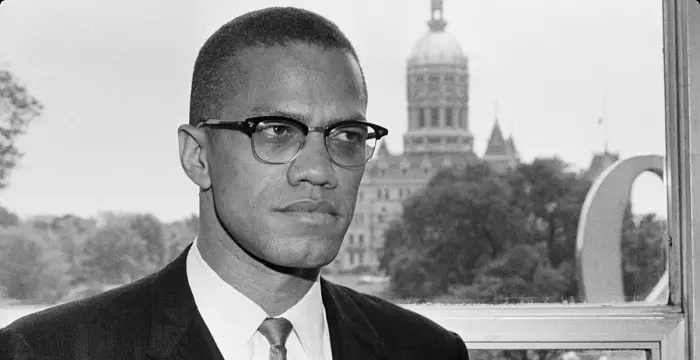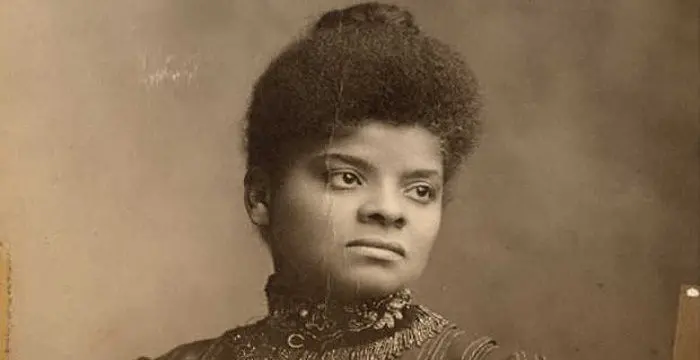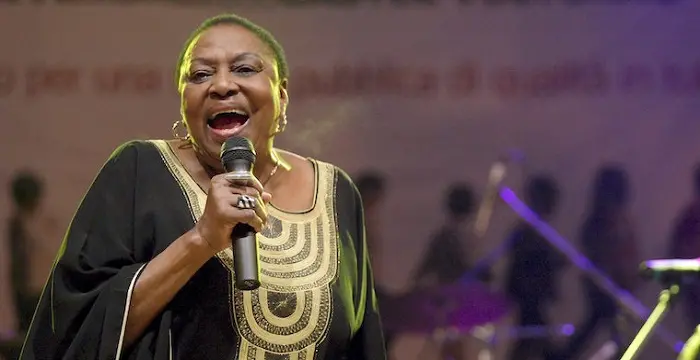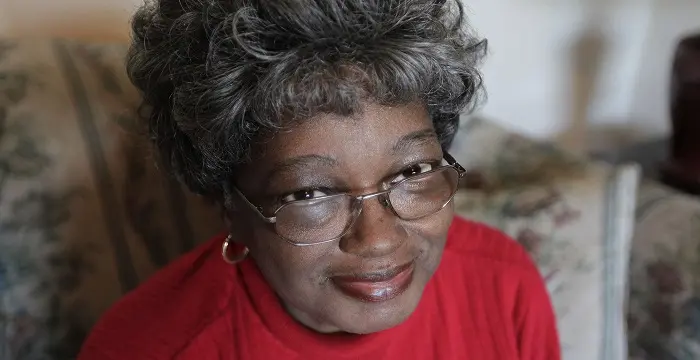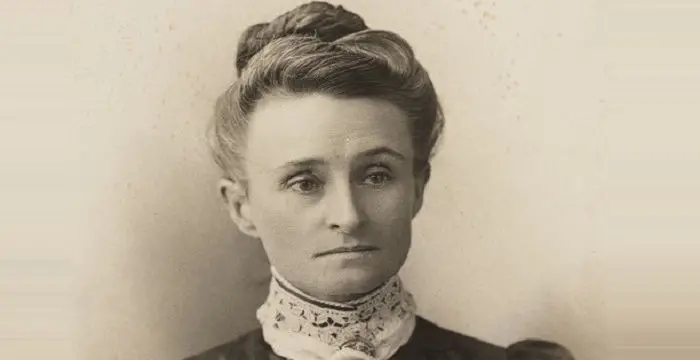
Edith Cowan - Social Campaigner, Timeline and Facts
Edith Cowan's Personal Details
Edith Dircksey Cowan (née Brown) was an Australian politician and social campaigner
| Information | Detail |
|---|---|
| Birthday | August 2, 1861 |
| Died on | June 9, 1932 |
| Nationality | Australian |
| Famous | Activists, Civil Rights Activists, Children's Rights Activists, Human Rights Activists, Political Activists, Women's Rights Activists, Social Campaigner |
| Spouses | James Cowan |
| Known as | Edith Dircksey Cowan |
| Childrens | Dircksey Constance, Helen May Burdett, Hilda Edith, Ida Marion, Norman Walkinshaw |
| Founder / Co-Founder |
|
| Birth Place | Geraldton, Western Australia |
| Religion | Christianity |
| Gender | Female |
| Father | Kenneth Brown |
| Mother | Mary Eliza Dircksey |
| Sun Sign | Leo |
| Born in | Geraldton, Western Australia |
| Famous as | Social Campaigner |
| Died at Age | 70 |
Edith Cowan's photo
Who is Edith Cowan?
Edith Dircksey Cowan (née Brown) was an Australian politician and social campaigner, who worked tirelessly for the welfare of women and children. It was her unhappy childhood that instilled in her an urge to do something for the downtrodden. Her mother died in childbirth when she was seven and her father was hanged to death on a charge of willful murder of his second wife when she was fifteen. Later when her husband became the Police Magistrate at Perth she came to realize the extent of social and legal problems faced by the ordinary people. She started by campaigning for women’s suffrage and later went on to become the first Australian women legislature. She cofounded a number of organizations such as Children’s Protection Society, Women’s Service Guild etc. When the Children’s Court was opened, Edith was appointed to its bench. She served in that capacity for eighteen years. Setting up of King Edward Memorial Hospital for Women was another feather in her cap. She is also remembered for the introduction of ‘Women’s Legal Status Bill’, which not only allowed women to take up legal career but had far reaching consequences.
// Famous Political Activists
Susan Sontag
Susan Sontag is an American critical essayist, cultural analyst, novelist, political activist, filmmaker and playwright of international repute. Read on to find out more about her childhood, career, profile and timeline.
Serj Tankian
Serj Tankian is a famous American singer-songwriter and member of the band, ‘System of a Down’. This biography profiles his childhood, music career, life, achievements and timeline.
Garry Kasparov
Garry Kasparov is a Russian chess Grandmaster considered by many to be the greatest chess player of all time. This biography of Garry Kasparov provides detailed information about his childhood, life, achievements, works & timeline.
Childhood & Early Life
Edith was born August 2, 1861 in Glengarry, close to the coastal city of Geraldton in Western Australia. Her father, Kenneth Brown, was the oldest son of early settler and well-known politician Thomas Brown. He himself was a noted explorer and pastoralist.
Edith’s mother, Mary Eliza Dircksey was a teacher by profession. The couple had four surviving children, among which Edith was born second. Her three siblings were Blanche, Forrest and Clarence. Mary Eliza died while giving birth to their fifth child and Edith was just seven.
Unable to look after her, her father, Kenneth sent her to a boarding school at Perth. Incidentally, the school was run by Cowan sisters and one day Edith would marry their brother James.
Subsequently, Kenneth married Mary Ann Tindal. Edith had two stepsisters, Rose and Amy, from this union. Soon after his marriage Kenneth began to lose money and took to drinking. There was constant bickering between the two and in January 1876, in a fit of anger, he shot Mary Ann to death.
Subsequently, Kenneth was tried and hanged to death for willful murder. Fifteen-year-old Edith was then taken out of the boarding school and put under the care of her maternal grandmother at Guildford. Here she was educated under Canon Sweeting, who instilled in her the value of education.
Public Life
Edith began her public life in 1890. Her husband was by then a Police Magistrate at Perth. The posting provided her with an insight into the social and legal problems faced by the society at large. She was especially concerned about the injustice meted out to the women and children.
Edith began by joining St. George’s Reading Circle, a women’s group established with the aim of exchanging reading materials and debating current affairs. In 1891, she started working for Ministering Children's League and in 1893 she got associated with House of Mercy, a home for unwed mothers.
In 1894, the members of the St. George’s Reading Circle formed Karrakatta Club, a women’s organization modeled after the Education Clubs of the U.S.A and Edith Cowan became its first secretary. Later from 1910 to 1912, she served as the club President. From the very beginning Edith took an active role in administering the club. She suggested ‘Spectemur Agendo’ (Let us be judged by our actions) as its motto. Under her, the club became involved in women’s suffrage. Ultimately the right to vote was achieved in 1899.
Edith next turned her attention to welfare issues. She was especially concerned about sufferings of prostitutes and children. Women’s health and education were also some other major issues, which concerned her greatly. She soon began to speak publicly about such matters.
As a state education advocate, she served several terms on the North Fremantle Board of Education. When in 1906, the Children's Protection Society was formed she became one of its founding members and helped to bring about State Children Act 1907.
In 1909, Cowan cofounded Women’s Service Guild. Initially known as the Women's Service Guilds of Western Australia, the organization promoted feminist movement in the country. It also made contacts with overseas organizations and incorporated national campaigns for advancement of women and children.
In 1909, Women’s Service Guild proposed that a new maternity hospital should be built at Perth because there was no such public facility in the city. To pursue the matter a committee under the joint chairmanship of Edith Cowan and Jane Scot was formed.
For the next five years, Edith Cowan and her team not only wrangled with the government but also raised funds for the purpose. Thanks largely to their efforts, King Edward Memorial Hospital for Women came up in 1916.
Meanwhile in 1911, Edith Cowan cofounded the Western Australia's National Council of Women. It is a non political, non sectarian, volunteer organization open to all women. Cowan served as the President of the Council from 1913 to 1921 and as Vice President from 1921 until her death.
With the outbreak of World War I in 1914 Cowan’s work took up a more patriotic direction. During this period, around 330,000 Australians went overseas to fight on the side of the British. Almost two thirds of them were either killed or wounded.
Although Edith was not a supporter of the war she now began to raise funds for the Red Cross and became the Chairperson of Red Cross Appeal Committee. She also worked to set up Soldiers’ Welcome Homes and through these institutes arranged help for those returning from war.
However, she did not neglect her civil duties either. In 1915, Cowan was appointed to the bench of the Children's Court and continued to serve in that capacity for eighteen years. Sometime now, she also proposed amendment to the Health Act, especially to clauses, which dealt with venereal disease. This gave rise to a great controversy.
In 1916, she became a freemason and was admitted to the Australian Federation of Droit Humain. The same year, Cowan was also made the first female member of the Anglican Social Questions Committee.
In 1920, Edith Cowan was made the first female Justice of the Peace. This was also the year when she was appointed an Officer of the Order of the British Empire for her war efforts.
The same year, a law was passed enabling women to contest in elections of legislative assembly. Cowan seized the chance and in 1921, was elected to the ‘West Perth’ seat, defeating the sitting legislator, who ironically was instrumental in bringing the bill.
She especially championed the cause of the welfare of the migrants, advancement of women's rights, social justice, and infant health.
in 1925, she attended International Conference of women in the USA as an Australian delegate. The following year she cofounded Royal Western Australian Historical Society. When in 1929, celebration of Western Australia’s centenary was being planned she took active part in it.
Major Work
All her life, Edith Cowan worked for the welfare of the women and children. Nonetheless, winning the voting right for women in 1899 was probably her first major work. Later she played a major role in setting up the children’s court because she believed children should not be tried with adults.
As a member of the legislative assembly, Cowan campaigned for sex education at school, children’s nurseries for working women and housewives’ union. In 1923, she pushed through ‘Women’s Legal Status Bill’, which not only allowed women to take up legal career but also opened the door of other professions.
Personal Life & Legacy
In 1879 Edith married James Cowan, who was at that time the Registrar and the Master of the Supreme Court in Perth. The boarding school, where seven year old Edith was enrolled after her mother’s death, was run by James’ sisters, Miss Cowan.
The Cowans had five children - Dircksey Constance,Norman Walkinshaw, Hilda Edith, Ida Marion and Helen May Burdett. All the children, including the four girls, were given proper education and were taught to be independent.
Cowan died on 9 June, 1932 at Perth and was buried in the Karakatta Cemetery in the suburbs of Perth. She was seventy-one-year-old.
Trivia
Two years after her death, the Edith Cowan Memorial Clock was unveiled in her honor at the entrance of Kings Park at Perth.
In 1975 she was featured on an Australian postage stamp and in 1995 on the Australian fifty dollar note.
In 1979, a plaque was laid in her honor in St Georges Terrace.
In 1984 the newly created Electoral Division of Cowan was named after her.
In 1991 the Western Australian College of Advanced Education was renamed Edith Cowan University (ECU).
// Famous Women's Rights Activists
Emily Greene Balch
Emily Greene Balch was an American economist, sociologist and pacifist who won the 1946 Nobel Peace Prize. This biography of Emily Greene Balch provides detailed information about her childhood, life, achievements, works & timeline.
Sojourner Truth
Sojourner truth was an African American abolitionist who was the first black woman to win a case against a white man. This biography provides detailed information about her childhood, life, achievements, works & timeline.
Susan B. Anthony
Susan B. Anthony was an American feminist who played a major role in the women's suffrage movement. This biography of Susan B. Anthony provides detailed information about her childhood, life, achievements, works & timeline
Edith Cowan biography timelines
- // 2nd Aug 1861Edith was born August 2, 1861 in Glengarry, close to the coastal city of Geraldton in Western Australia. Her father, Kenneth Brown, was the oldest son of early settler and well-known politician Thomas Brown. He himself was a noted explorer and pastoralist.
- // Jan 1876Subsequently, Kenneth married Mary Ann Tindal. Edith had two stepsisters, Rose and Amy, from this union. Soon after his marriage Kenneth began to lose money and took to drinking. There was constant bickering between the two and in January 1876, in a fit of anger, he shot Mary Ann to death.
- // 1879In 1879 Edith married James Cowan, who was at that time the Registrar and the Master of the Supreme Court in Perth. The boarding school, where seven year old Edith was enrolled after her mother’s death, was run by James’ sisters, Miss Cowan.
- // 1890Edith began her public life in 1890. Her husband was by then a Police Magistrate at Perth. The posting provided her with an insight into the social and legal problems faced by the society at large. She was especially concerned about the injustice meted out to the women and children.
- // 1891 To 1893Edith began by joining St. George’s Reading Circle, a women’s group established with the aim of exchanging reading materials and debating current affairs. In 1891, she started working for Ministering Children's League and in 1893 she got associated with House of Mercy, a home for unwed mothers.
- // 1899All her life, Edith Cowan worked for the welfare of the women and children. Nonetheless, winning the voting right for women in 1899 was probably her first major work. Later she played a major role in setting up the children’s court because she believed children should not be tried with adults.
- // 1906 To 1907As a state education advocate, she served several terms on the North Fremantle Board of Education. When in 1906, the Children's Protection Society was formed she became one of its founding members and helped to bring about State Children Act 1907.
- // 1909In 1909, Cowan cofounded Women’s Service Guild. Initially known as the Women's Service Guilds of Western Australia, the organization promoted feminist movement in the country. It also made contacts with overseas organizations and incorporated national campaigns for advancement of women and children.
- // 1909In 1909, Women’s Service Guild proposed that a new maternity hospital should be built at Perth because there was no such public facility in the city. To pursue the matter a committee under the joint chairmanship of Edith Cowan and Jane Scot was formed.
- // 1914With the outbreak of World War I in 1914 Cowan’s work took up a more patriotic direction. During this period, around 330,000 Australians went overseas to fight on the side of the British. Almost two thirds of them were either killed or wounded.
- // 1915However, she did not neglect her civil duties either. In 1915, Cowan was appointed to the bench of the Children's Court and continued to serve in that capacity for eighteen years. Sometime now, she also proposed amendment to the Health Act, especially to clauses, which dealt with venereal disease. This gave rise to a great controversy.
- // 1916For the next five years, Edith Cowan and her team not only wrangled with the government but also raised funds for the purpose. Thanks largely to their efforts, King Edward Memorial Hospital for Women came up in 1916.
- // 1916In 1916, she became a freemason and was admitted to the Australian Federation of Droit Humain. The same year, Cowan was also made the first female member of the Anglican Social Questions Committee.
- // 1920In 1920, Edith Cowan was made the first female Justice of the Peace. This was also the year when she was appointed an Officer of the Order of the British Empire for her war efforts.
- // 1921The same year, a law was passed enabling women to contest in elections of legislative assembly. Cowan seized the chance and in 1921, was elected to the ‘West Perth’ seat, defeating the sitting legislator, who ironically was instrumental in bringing the bill.
- // 1923As a member of the legislative assembly, Cowan campaigned for sex education at school, children’s nurseries for working women and housewives’ union. In 1923, she pushed through ‘Women’s Legal Status Bill’, which not only allowed women to take up legal career but also opened the door of other professions.
- // 1925 To 1929in 1925, she attended International Conference of women in the USA as an Australian delegate. The following year she cofounded Royal Western Australian Historical Society. When in 1929, celebration of Western Australia’s centenary was being planned she took active part in it.
- // 9th Jun 1932Cowan died on 9 June, 1932 at Perth and was buried in the Karakatta Cemetery in the suburbs of Perth. She was seventy-one-year-old.
- // 1975 To 1995In 1975 she was featured on an Australian postage stamp and in 1995 on the Australian fifty dollar note.
- // 1979In 1979, a plaque was laid in her honor in St Georges Terrace.
- // 1984In 1984 the newly created Electoral Division of Cowan was named after her.
- // 1991In 1991 the Western Australian College of Advanced Education was renamed Edith Cowan University (ECU).
// Famous Civil Rights Activists
Muhammad Ali
Muhammad Ali was a legendary boxer who became the first and only three-time lineal World Heavyweight Champion. This biography provides detailed information about his childhood, life, boxing career, achievements & timeline.
Rosa Parks
Rosa Parks, also known as ‘the first lady of civil rights’ and ‘the mother of the freedom movement’, was a famous African-American civil rights activist. This biography profiles her childhood, life, career, works, achievements and timeline.
Malcolm X
Malcolm X was a renowned African-American Sunni Muslim civil rights activist. This biography provides detailed information about his childhood, profile, career and timeline
Ida B. Wells
Ida Bell Wells-Barnett was an African-American journalist, suffragist and a civil rights activist. This biography profiles her childhood, life, works, achievements and timeline
Miriam Makeba
Zenzile Miriam Makeba was a famous South African musician, actor and a keen civil rights activist. This biography profiles her childhood, family, personal life, career, achievements and gives some fun facts.
Claudette Colvin
Claudette Colvin is an African-American civil rights activist. This biography of Claudette Colvin provides detailed information about her childhood, life, achievements, works & timeline.
Edith Cowan's FAQ
What is Edith Cowan birthday?
Edith Cowan was born at 1861-08-02
When was Edith Cowan died?
Edith Cowan was died at 1932-06-09
Which age was Edith Cowan died?
Edith Cowan was died at age 70
Where is Edith Cowan's birth place?
Edith Cowan was born in Geraldton, Western Australia
What is Edith Cowan nationalities?
Edith Cowan's nationalities is Australian
Who is Edith Cowan spouses?
Edith Cowan's spouses is James Cowan
Who is Edith Cowan childrens?
Edith Cowan's childrens is Dircksey Constance, Helen May Burdett, Hilda Edith, Ida Marion, Norman Walkinshaw
Which company or organization was founded by Edith Cowan?
Edith Cowan was the founder/co-founder of Karrakatta Club, Royal Western Australian Historical Society, Women's Service Guilds, National Council of Women of Australia
What is Edith Cowan's religion?
Edith Cowan's religion is Christianity
Who is Edith Cowan's father?
Edith Cowan's father is Kenneth Brown
Who is Edith Cowan's mother?
Edith Cowan's mother is Mary Eliza Dircksey
What is Edith Cowan's sun sign?
Edith Cowan is Leo
How famous is Edith Cowan?
Edith Cowan is famouse as Social Campaigner
